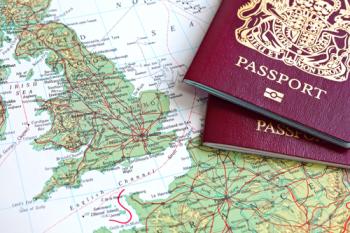The UK Income Tax Exemption

In the United Kingdom, income tax exemption is granted by the local Council of Tax. A Council of Tax exemption is generally due to one of twenty three reasons. While a Council of Tax exemption may be an income tax exemption, in most cases the exemptions granted by the Council of Tax apply to dwellings. Unless the Council of Tax exemption is specified to last a certain period of time, there is no specified period of time which an exemption is restricted to covering.
Often a Council of Tax exemption applies to situations where it has been determined that having to satisfy the otherwise expected tax obligations would apply an undue hardship upon the individuals or otherwise be impossible to satisfy. If a dwelling is left unoccupied for a variety of reasons, such as
· Major structural repairs (Exemption A),
· Being owned by a charity (Exemption B),
· Left by a person who is sick, imprisoned, receiving or providing medical care, deceased, the last residence of a student or last occupied by a trustee in a bankruptcy, (Exemptions D, E, I, J, F, K, Q, respectively) or if the property is a property that:
· Houses students (Exemption M)
· Houses the spouses of students (Exemption N)
· Accommodates the armed forces (Exemption O)
· Only house individuals under the age of majority (Exemption S)
· or is dwelt in by a diplomat (Exemption V), then a Council of Tax Exemption is likely to result.
Related Topics
- A Guide to Capital Gains Tax
- Maine State Tax
- Child Tax Credit: Are You Qualified?
- A Brief Overview of Taxes
- FEIN
- Amended Tax Return
- An Overview to Income Tax You Must Read
- A Full Guide to Tolls
- Preparing And Filing Your Tax Returns
- Louisiana State Tax